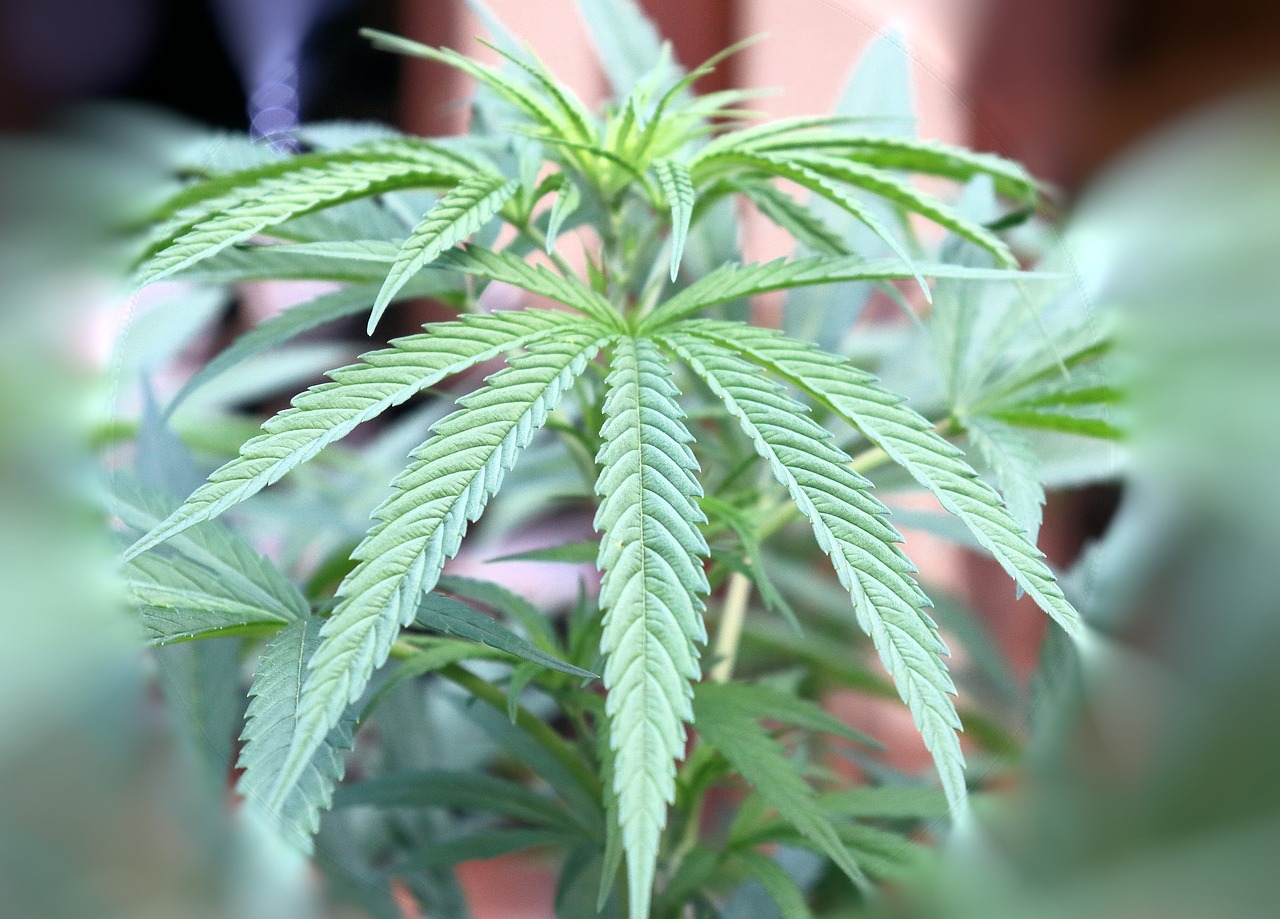The world of cannabis is vast and varied, with numerous compounds contributing to its effects. One such compound gaining attention is THCA, or tetrahydrocannabinolic acid. Unlike its more famous counterpart, THC, THCA is non-psychoactive, meaning it doesn’t produce the “high” associated with cannabis. This article explores the effects of THCA flower on the body, providing insights into its potential benefits and uses.
What is THCA?
THCA is a cannabinoid found in raw and live cannabis plants. It is the precursor to THC, the compound responsible for the psychoactive effects of cannabis. When cannabis is heated through smoking, vaping, or cooking, THCA flower for personal growth undergoes a process called decarboxylation, converting it into THC. In its raw form, THCA does not produce psychoactive effects, making it an area of interest for those seeking the therapeutic benefits of cannabis without the high.
Potential Benefits of THCA
Research into THCA is still in its early stages, but preliminary studies and anecdotal evidence suggest several potential benefits:
- Anti-inflammatory Properties: THCA may help reduce inflammation, which can be beneficial for conditions like arthritis and other inflammatory diseases.
- Neuroprotective Effects: Some studies indicate that THCA might protect brain cells, potentially offering benefits for neurodegenerative diseases such as Alzheimer’s and Parkinson’s.
- Anti-emetic Effects: THCA has shown promise in reducing nausea and vomiting, which could be helpful for patients undergoing chemotherapy.
- Appetite Stimulation: Like THC, THCA may help stimulate appetite, which can be beneficial for individuals with conditions that cause appetite loss.
How THCA Interacts with the Body
THCA interacts with the body’s endocannabinoid system (ECS), a complex cell-signaling system that plays a role in regulating a range of functions and processes, including sleep, mood, appetite, and memory. While THC binds directly to the CB1 receptors in the brain, THCA does not. Instead, it is believed to influence the ECS indirectly, contributing to its potential therapeutic effects without causing psychoactive effects.
Consumption Methods
There are several ways to consume THCA, each offering different benefits:
- Raw Cannabis Juicing: Juicing raw cannabis leaves and flowers is a popular method for consuming THCA. This method preserves the cannabinoid in its natural form, allowing users to benefit from its potential therapeutic effects without psychoactivity.
- Tinctures and Oils: THCA can be extracted and consumed in the form of tinctures or oils. These products are often used sublingually, providing a convenient and discreet way to consume THCA.
- Topicals: THCA-infused creams and balms can be applied directly to the skin, offering localized relief for pain and inflammation.
Case Studies and Research
While research on THCA is limited, some studies and case reports provide insights into its potential effects:
- A study published in the British Journal of Pharmacology found that THCA exhibited anti-inflammatory properties in animal models, suggesting its potential for treating inflammatory conditions.
- In a case report, a patient with epilepsy experienced a reduction in seizure frequency after incorporating THCA into their treatment regimen, highlighting its potential as an anticonvulsant.
Legal Status and Availability
The legal status of THCA varies by region. In some areas, it is considered legal due to its non-psychoactive nature, while in others, it falls under the same regulations as THC. Consumers should research local laws before purchasing or using THCA products. As interest in THCA grows, more products are becoming available, including raw cannabis flowers, tinctures, and topicals.
Considerations for Use
When exploring THCA as a potential therapeutic option, several factors should be taken into account:
- Quality and Source: Ensure that the THCA products are sourced from reputable suppliers and are free from contaminants.
- Dosage: As with any supplement, finding the right dosage is key. Start with a low dose and gradually increase until the desired effects are achieved.
- Consultation with Healthcare Providers: Discussing THCA use with a healthcare provider is advisable, especially for individuals with pre-existing health conditions or those taking other medications.
Conclusion
THCA offers a promising avenue for those seeking the therapeutic benefits of cannabis without the psychoactive effects. While research is still in its infancy, early findings suggest potential benefits in areas such as inflammation, neuroprotection, and appetite stimulation. As interest in this cannabinoid grows, further studies will likely shed more light on its effects and applications. For those considering THCA, understanding its properties and consulting with healthcare professionals can help in making informed decisions.
